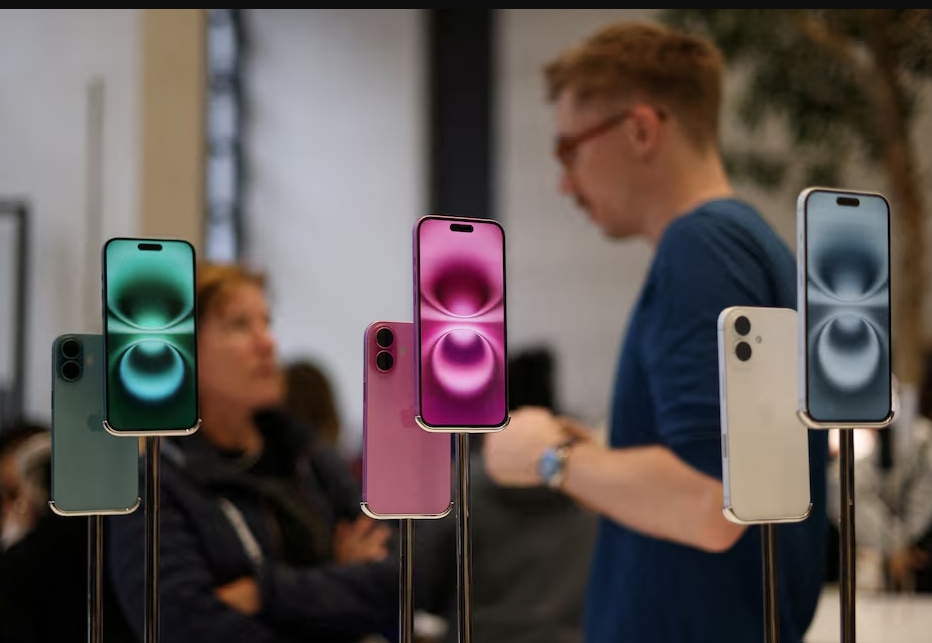Apple iPhone 16 Sales Blocked in Indonesia Due to Local Parts Regulation
JAKARTA, Oct 28 (Reuters) — Apple Inc. (AAPL.O) will not be able to sell its iPhone 16 smartphones in Indonesia as they fail to comply with the country’s regulations regarding locally sourced components, according to the industry ministry.
Indonesia mandates that smartphones sold domestically must contain at least 40% locally produced parts. However, the iPhone 16 has not met this requirement, stated ministry spokesperson Febri Hendri Antoni Arief. “Imported iPhone 16 hardware cannot be marketed in the country because Apple Indonesia has not fulfilled its investment commitment to obtain a local content certification,” he added. Users can still import the phones for personal use, provided they pay the necessary taxes.
Apple has yet to respond to requests for comment. The iPhone 16 was first released in September.
According to research firm IDC, the leading smartphone brands in Indonesia in the first quarter of 2024 were Chinese company OPPO and South Korea’s Samsung (005930.KS). With a large, tech-savvy population, Indonesia is a significant target for tech investment.
During a visit to Indonesia in April by Apple CEO Tim Cook, Industry Minister Agus Gumiwang Kartasasmita expressed hopes that Apple would boost its local content by collaborating with domestic firms. Companies often meet local requirements by forming partnerships or sourcing parts within the country.
Although Apple does not have manufacturing facilities in Indonesia, it has been establishing app developer academies in the country, investing a total of 1.6 trillion rupiah (approximately $101.8 million) since 2018.

